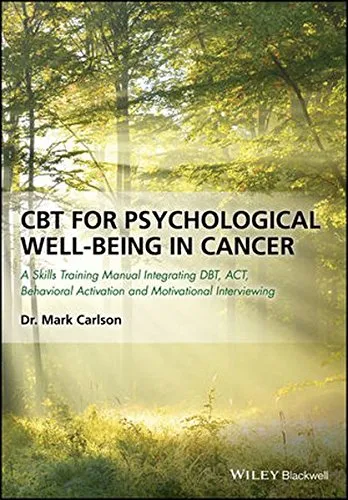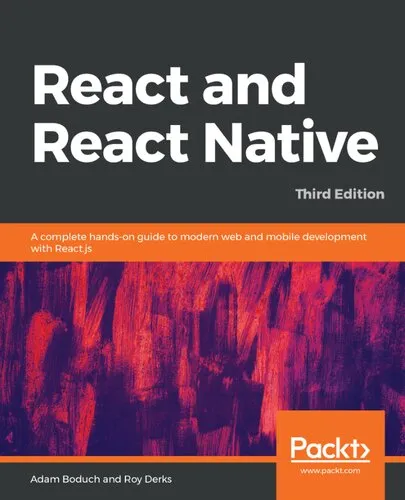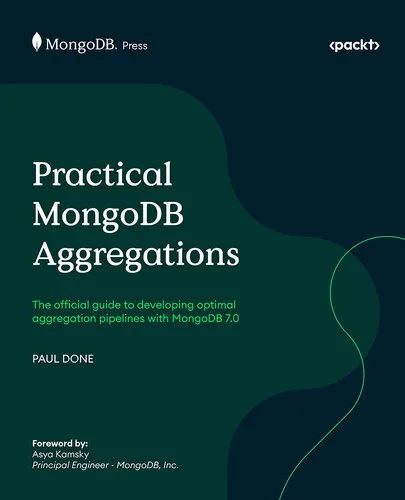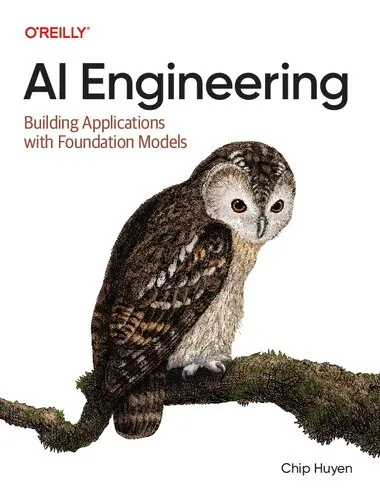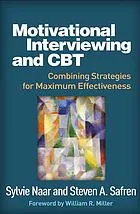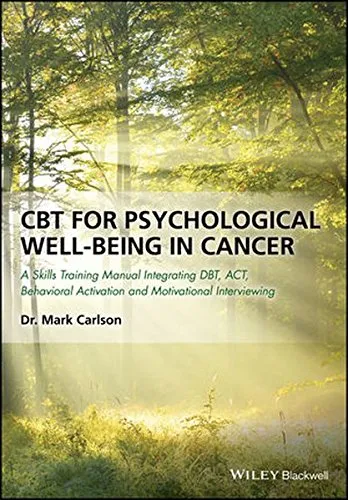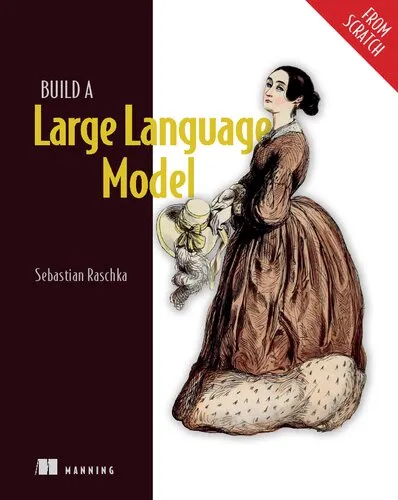CBT for psychological well-being in cancer : a skills training manual integrating DBT, ACT, behavioral activation and motivational interviewing
5.0
Reviews from our users

You Can Ask your questions from this book's AI after Login
Each download or ask from book AI costs 2 points. To earn more free points, please visit the Points Guide Page and complete some valuable actions.Related Refrences:
Introduction to "CBT for Psychological Well-Being in Cancer"
Living with cancer is not only a physical challenge but also an emotional and psychological journey that requires resilience, support, and effective tools to navigate. "CBT for Psychological Well-Being in Cancer: A Skills Training Manual Integrating DBT, ACT, Behavioral Activation, and Motivational Interviewing" is an evidence-based guide designed to empower individuals affected by cancer, as well as caregivers and mental health professionals. This book provides a comprehensive roadmap for addressing the psychological complexities that accompany a cancer diagnosis.
The book integrates Cognitive Behavioral Therapy (CBT) with cutting-edge therapeutic approaches, including Dialectical Behavior Therapy (DBT), Acceptance and Commitment Therapy (ACT), Behavioral Activation, and Motivational Interviewing. This blend of practices delivers a holistic framework that supports psychological well-being, increases personal growth, and builds practical coping skills for those facing the challenges of cancer.
Whether you're a patient learning to manage anxiety, a caregiver offering emotional support, or a therapist seeking strategies for cancer care, this manual offers actionable insights grounded in science, compassion, and practicality. Let's dive deeper into the key highlights of the book and why it’s indispensable in psycho-oncology.
Detailed Summary of the Book
The manual begins by exploring the psychological impact of a cancer diagnosis on individuals and their families. It tackles common emotional responses such as anxiety, depression, and existential distress, and emphasizes the importance of addressing these issues to improve quality of life. Each chapter focuses on a specific therapeutic approach, detailing its theoretical underpinnings, techniques, and applicability in the cancer context.
- Cognitive Behavioral Therapy (CBT): Thought restructuring and behavior modification techniques are explored in-depth to help individuals identify and challenge cognitive distortions related to fear, uncertainty, and self-worth.
- Dialectical Behavior Therapy (DBT): Emotion regulation, distress tolerance, interpersonal effectiveness, and mindfulness are tailored for the unique challenges posed by cancer’s emotional toll.
- Acceptance and Commitment Therapy (ACT): Strategies like cultivating psychological flexibility, values-based living, and acceptance of difficult realities are introduced to help patients and caregivers live more meaningful lives.
- Behavioral Activation: Structured interventions to restore joy and engagement in life through activity planning and goal setting are provided.
- Motivational Interviewing (MI): Techniques that enhance intrinsic motivation for positive change, focusing on self-efficacy and readiness to cope, are outlined.
In addition to these therapeutic methods, the book includes scripts, worksheets, and case studies, making it a hands-on resource for therapists and a self-help tool for readers. The integration of diverse techniques ensures the manual is adaptable for individuals at different stages of their cancer journey, from diagnosis to survivorship, and even end-of-life care.
Key Takeaways
- Cancer affects much more than the body—it transforms thoughts, emotions, relationships, and life purpose. Addressing these psychological challenges is integral to holistic well-being.
- Combining CBT with DBT, ACT, Behavioral Activation, and Motivational Interviewing creates a powerful, evidence-based toolkit for mental health in cancer care.
- Building emotional resilience is a process that requires tailored interventions, self-compassion, and often professional support.
- Practical exercises such as mindfulness training, cognitive reframing, action planning, and self-reflection can empower patients and improve outcomes.
- Caregivers and therapists play a crucial role; this book equips them with the tools they need to support patients effectively.
Famous Quotes from the Book
"Cancer doesn’t define who you are, but how you respond to it can redefine your purpose."
"Resilience is not the absence of pain; it is the presence of hope and tools to navigate through it."
"Acceptance does not mean giving up; it means finding meaning and growth even in the face of life's greatest challenges."
Why This Book Matters
This book matters because it bridges the gap between emotional well-being and the rigid methodology often associated with cancer treatment. Psychological care is often overlooked in clinical settings, yet it is crucial for fostering resilience and quality of life. By integrating multiple therapeutic models, this manual addresses not only the common symptoms of anxiety and depression but also the deeper existential questions that arise during a cancer journey.
For mental health professionals, this book is a treasure trove of actionable insights and interventions that can enhance patient care. For patients, it serves as a guidebook for reclaiming agency and emotional stability. For caregivers, it is a resource to better understand and connect with their loved ones. Altogether, this is a transformative resource for anyone touched by cancer. It demonstrates that psychological resilience is not merely something we endure—it is something we can actively build.
Free Direct Download
You Can Download this book after Login
Accessing books through legal platforms and public libraries not only supports the rights of authors and publishers but also contributes to the sustainability of reading culture. Before downloading, please take a moment to consider these options.
Find this book on other platforms:
WorldCat helps you find books in libraries worldwide.
See ratings, reviews, and discussions on Goodreads.
Find and buy rare or used books on AbeBooks.
1753
بازدید5.0
امتیاز0
نظر98%
رضایتReviews:
5.0
Based on 0 users review
Questions & Answers
Ask questions about this book or help others by answering
No questions yet. Be the first to ask!
